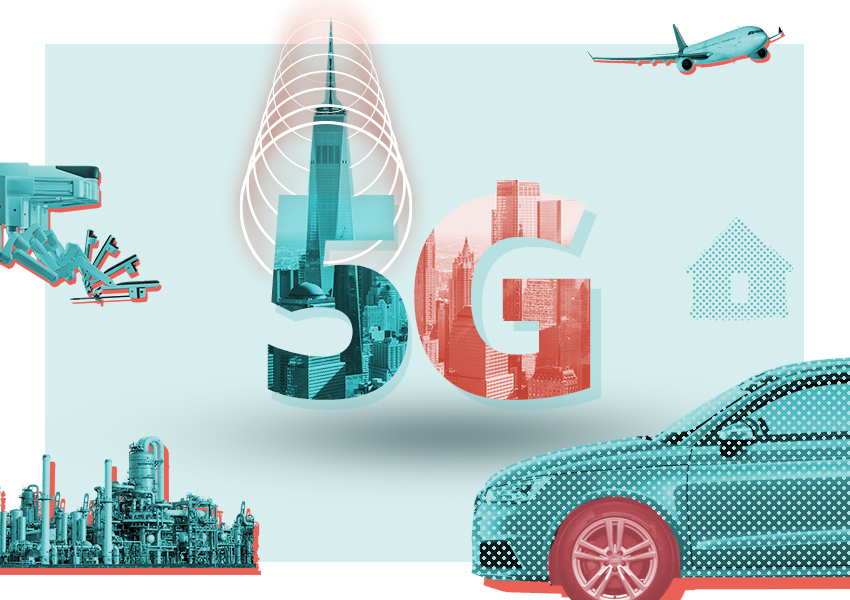Operated by Veolia, the vehicles will form the UK’s first zero emission recycling and waste collection fleet and will collect residents’ waste and recycling in the Square Mile.
The City of London Corporation claims it is the first UK authority to run a full fleet of electric refuse collection vehicles (ERCVs) following trials of the new technology.
The fleet of five zero-emission vehicles will collect residents’ waste and recycling in the Square Mile area of the capital.
Tech-driven recycling
The ERCVs will be operated by Veolia, which delivers the City corporation’s tech-driven recycling and waste collections, street cleansing and ancillary services operations.
The new 18-tonne and 26-tonne trucks will be powered by lithium-ion batteries, rather than diesel, and will help with the continued reduction of air pollution in the City. Designed for urban environments with short routes, the vehicles can complete a full shift on one charge and will start their first rounds this month.
“These new vehicles will help to further drive down air pollution in the City and improve the environment. Our fleet vehicles emitted about 400 tonnes of CO2e in 2018-19, so this change of fleet is of great significance,” said Keith Bottomley, chair of the environment committee, City of London Corporation.
“We hope this move will encourage local authorities across the country to follow suit in the urgent need to deal with toxic air.”
The corporation reports the “operational first” will be achieved using new innovative technologies for both the charging infrastructure and the vehicles, which will collect an estimated 20,000 tonnes of residents’ waste and recycling in the Square Mile over the next six years.
“This new electric solution opens new possibilities for cleaner air in cities, with the potential of recharging the vehicles using electricity generated from the waste they carry via energy recovery facilities,” added Pascal Hauret, managing director, municipal for Veolia UK.
“It marks a major step forward towards carbon net-zero targets and highlights how local authorities can drive sustainability and address their environmental challenges.”
The City corporation is introducing several other measures to fight back against toxic air in London. It is piloting the UK’s first 24-7 zero-emission street at Beech Street and plans to turn other parts of the Square Mile into zero-emissions zones by 2022.
New diesel vehicles have been banned from its fleet, where there is a clean market alternative, and it is leading a London-wide crackdown on drivers who leave their engines idling when parked.
The City corporation reports its CityAir app provides 35,000 Londoners with low pollution travel routes and it has introduced an Emissions Reduction Bill which would give the capital’s local authorities tough new powers to tackle air pollution caused by boilers, construction machinery and diesel generators.
The governing body has announced a climate action strategy, which will make the Square Mile net-zero carbon-emission by 2040, 10 years earlier than government goals.
As part of the plans, the City corporation, has committed to achieve net zero carbon emissions from its own operations by 2027 and 2040 across its investments and supply chain.
